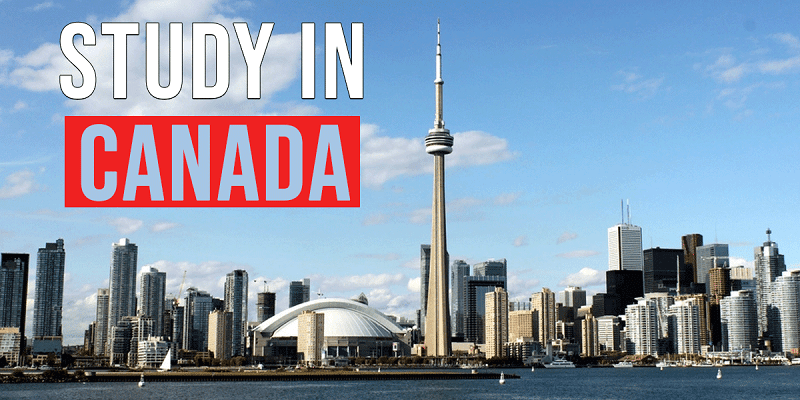Undoubtedly, in recent years there has been a huge hike in students opting for Canada for further study and getting settle, especially from India. According to a recent survey last year, almost 3 lakh students got their student visa to Canada only from India. In this blog, we are going to look at the different aspects of studying in Canada. Starting from the reason why Canada is so much popular among Indian students, the application requirements, application and visa process, student life, and PR system.
So why is Canada the first choice for the Indian students when it comes to studying abroad.
The fact is that Canada offers a multicultural environment as well as lots of perks for international students such as quality and affordable education, an almost crime-free atmosphere, and a great opportunity to earn at the same time as studying. All this attracts a huge number of students to Canada each and every year, and this number is increasing every year. So, let understand the application requirements and the application process of studying in Canada. You have to choose best classes for ielts located in surat and best classes for pte located in surat.
Application requirements
Canada institutes offer a variety of courses on different levels of studies such as graduate and postgraduate courses as well as master’s programs. The entry criteria of IELTS scores for these courses are as mentioned.
For diploma or bachelor’s courses: IELTS 6.0 bands (no less than 5.5 bands in each module)
For postgraduate diploma or master’s courses: IELTS 6.5 bands no less than 6.0 bands in each module)
Apart from the IELTS requirements, the candidate must have got 55% in the previous study.
What is the application process of getting admission in Canada?
-
choosing an appropriate college/university.
According to your profile, such as your grade in the previous study, your IELTS score, and your course, you should select 2 or 3 college options for your application. If you want you can take the help of any foreign consultant, who can guide you properly.
-
Filling up the application.
After selecting the appropriate college options, you need to fill the application form along with the required documents. The checklist of documents for the application is given below.
- An updated CV (if required)
- School results (10th, 12th), Transcripts or Marksheet of your previous degree or diploma
- Living certificate
- Statement of Purpose (SOP) & Letters of Recommendation (LOR)
- English Proficiency Tests Like IELTS
- Passport
- After you get your offer letter from the college or university you need to pay your tuition fees and apply for your student visa application.
Document checklist for your student visa application
- An updated CV (if required)
- Transcripts or Marksheet of your previous degree or diploma
- Statement of Purpose (SOP) & Letters of Recommendation (LOR)
- English Proficiency Tests Like IELTS
- Proof that you have sufficient funds to study in Canada (GIC =10000 cad)
- If you are applying for a Masters in Canada or Ph.D. program, you might need to provide two letters of academic reference with previous letters of employment. And if you haven’t studied in Canada before, you will also need an ECA (Educational Credential Assessment).
- If you are going to the Quebec region then u need to apply for your CAQ certificate.
Here is the list of some of the best colleges in Canada.
- Centennial college
- Seneca college
- Humber college
- Carleton university
- Algonquin college
- Concordia university
- George brown college
- Mohawk college
What is student life in Canada? Here are some of the FAQS that students have about studying in Canada.
-
what are the average fees per year in Canada?
You will need to pay between 18000$ to 30000$ per year according to your college and course, which is around 10 lakhs to 15 lakh per year.
-
can I work during my study?
Yes, as per government rules in Canada, you can work 20 hours per week and u will be paid a minimum of 12 dollars per hour.
-
will I get a work permit after completing my study?
Yes, if you complete the 1-year course then you will get a 1-year work permit, and for 2 or 3 years of course you will get 3 years of work permit.
-
can I join another course after completion of 1 course?
Yes, if you select one of your courses in Canada, then after completing this course you can join another course of 1 year relevant to your study and still get 3 years of work permit.
-
Can I get PR (permanent residency) after my study
Yes, after completing your study and getting minimum of 1 year of experience, you can apply for your PR on basis of the CRCS point score.
Tags: application processstudy in canada

